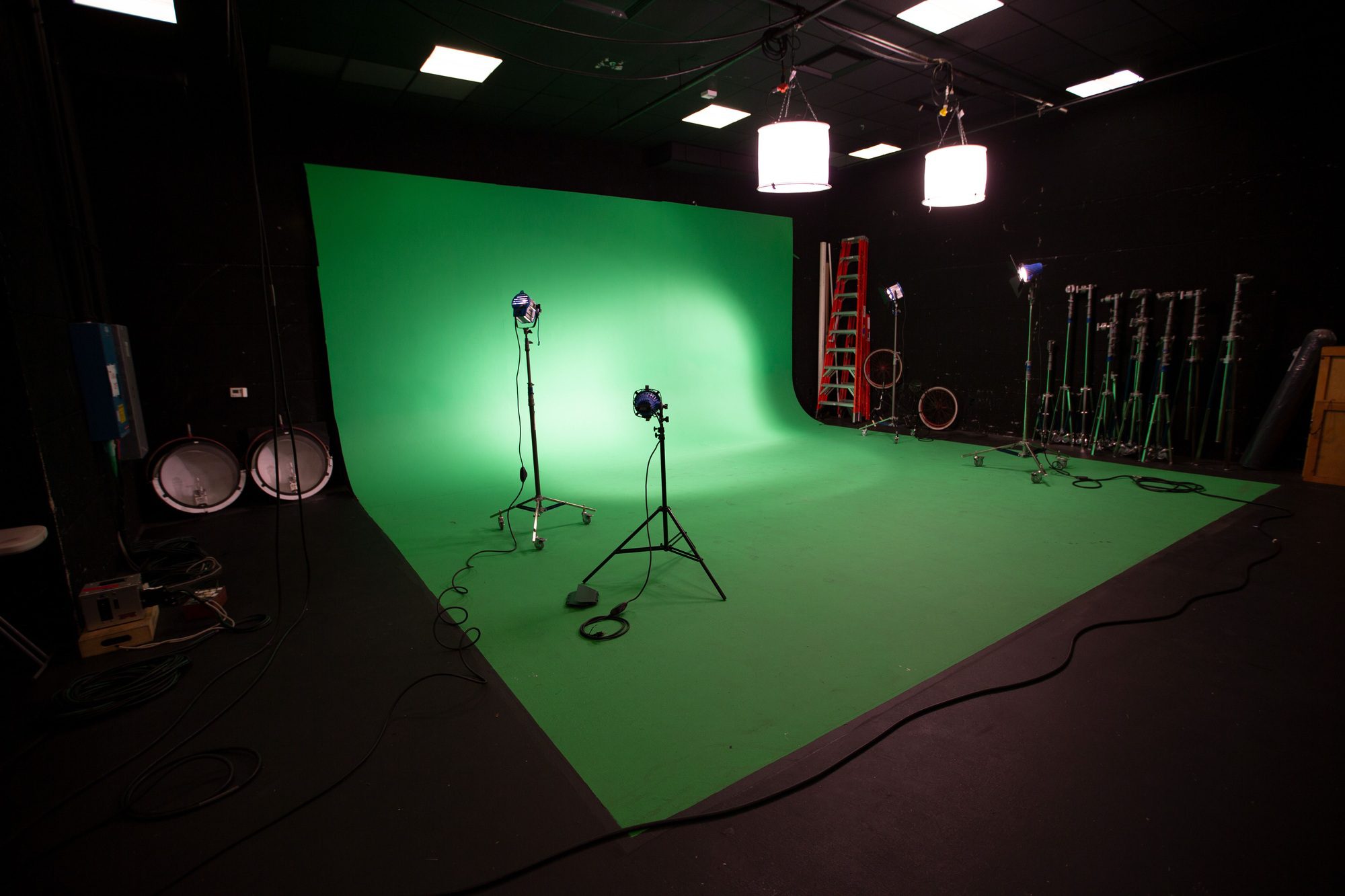The Rise of the Showrunner: Why Writers Are Taking the Reins in Television
In today’s golden age of television, one role has risen above the rest: the showrunner. Once a behind-the-scenes figure, the showrunner is now the creative and operational force guiding a series from idea to screen. Part writer, part producer, and part visionary, showrunners are increasingly shaping the voice and direction of modern TV.
Streaming platforms have fueled this shift by betting on original content led by strong creative voices. Series like The Bear, Succession, and The Handmaid’s Tale showcase how a unified vision—from writing to final cut—can elevate a show’s impact. Writers are no longer just contributors; they’re the architects of long-form storytelling.
Becoming a showrunner means mastering more than just scriptwriting. It requires leadership, budgeting skills, a deep understanding of production logistics, and the ability to manage a writer’s room. It’s a demanding but rewarding path that allows creators to protect the integrity of their stories from development through post-production.
For networks and streamers, investing in showrunners means putting story first. For writers, it represents a unique opportunity to maintain authorship over their work. Industry programs like the Warner Bros. Television Workshop and Netflix’s Showrunner School are helping to develop this next wave of writer-leaders.
As the lines between film and television blur, the showrunner’s role will only grow in influence. For screenwriters and producers alike, understanding this dynamic—and preparing for it—can open doors to a new tier of creative control and career growth.





